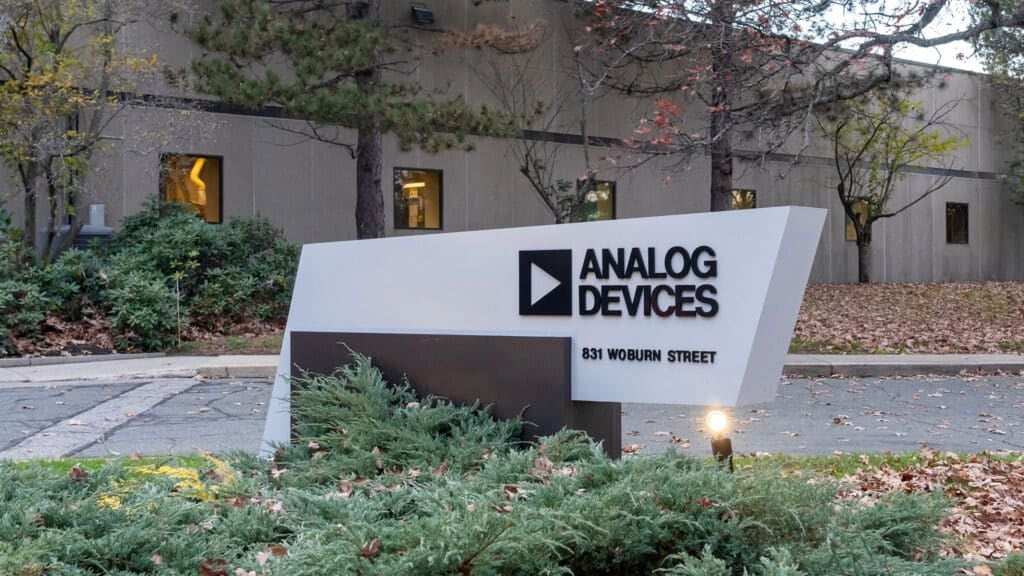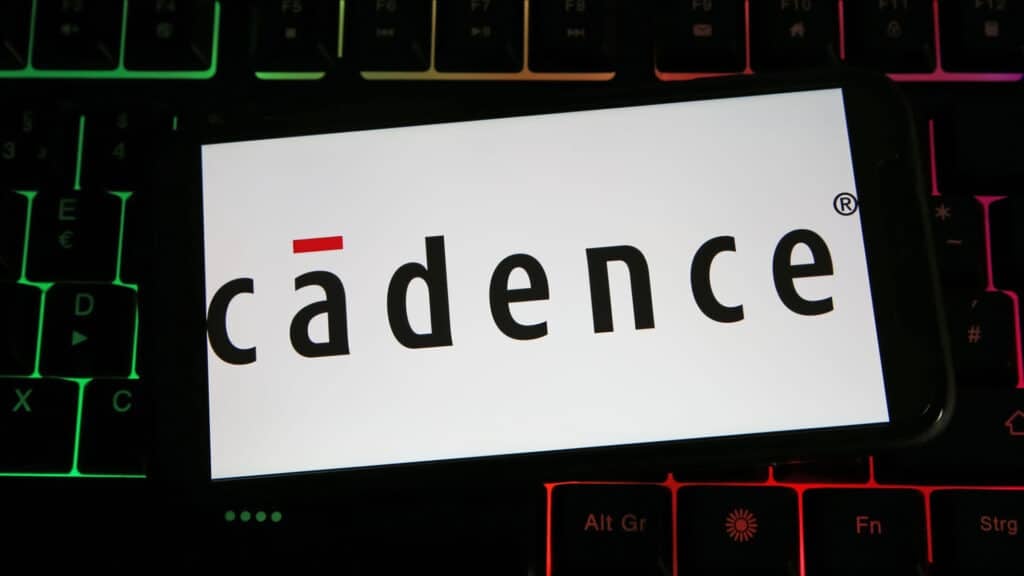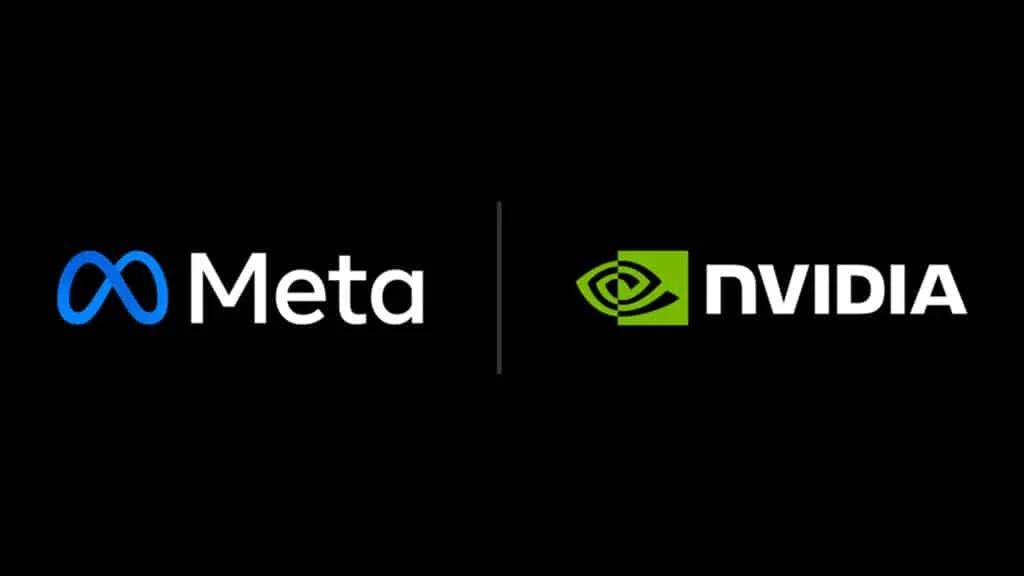The News: On May 8, quantum computing company IonQ announced its earnings for the first quarter (Q1) of 2024. It declared recognized revenue of $7.6 million, slightly above its guidance range, and is increasing its full-year bookings guidance. See the press release on the IonQ website for more details.
By the Numbers: All currency figures are in millions.
| Q1 2024 | Q4 2023 | Q1 2023 | |
| Revenue | $ 7.582 | $ 6.106 | $ 4.285 |
| Operating Expenses | $ 60.458 | $ 60.554 | $ 32.308 |
| Net Loss | $ 39.592 | $ 41.904 | $ 27.338 |
| Total Current Assets | $543.862 | $553.580 | $402.342 |
Quantum in Context: IonQ Announces Q1 2024 Earnings
Analyst Take: IonQ maintains a healthy total assets number compared with D-Wave and Rigetti Computing, the other two public pure-play quantum computing companies. The nearly $40 million net loss and low quarterly bookings require continued inspection.
Net Losses Continue But with a Healthy Bank Account
IonQ’s reported numbers for Q1 2024 were fairly flat compared with those for the final quarter of 2023. Operating expenses in both quarters were about $60 million, and net losses were approximately $40 million. Revenue increased modestly year-over-year. Though it was a 77% increase, it was only $3.3 million, dwarfed by the operating expenses and net loss figures.
Nevertheless, IonQ has over half a billion dollars in total assets, so it can afford to operate for some time while increasing revenue and controlling operating expenses. Many small companies in the quantum computing industry do not have that luxury.
Bullish on NISQ
During the earnings call, IonQ CEO Peter Chapman stated he is bullish that NISQ quantum computers will demonstrate commercial value before vendors implement error correction at scale, creating a market for IonQ’s near-term devices. Most quantum computing vendors make similar claims, given the long-term development roadmaps and the need for continued investments in the technology. I believe we will not see this fault tolerance and Practical Quantum Advantage until 2030, at the earliest.
To remain competitive, IonQ must match the recent low-error results of Microsoft and Quantinuum. IonQ has invested in technology to connect its ion trap quantum processing units, allowing it to eventually build modular systems that can scale to the tens and hundreds of thousands of qubits we will need for breakthrough computations. I hope we see the results of IonQ’s investment this year.
Watch the Bookings
IonQ announced Q1 bookings of $300,000, while raising its bookings expectation range to be between $75 million and $95 million. CEO Chapman attributed his optimism to President Biden signing the US budget bill in March, paving the way for new government contracts in 2024. Aside from the large and somewhat imprecise guidance range, those numbers must be made in the 9 months not covered in the earnings call. Investors and analysts will carefully examine progress made on this metric in the next two quarters.
Key Takeaway
At a macro level, IonQ’s 1Q2024 numbers did not vary much from Q4 2023. Bookings will be the key metric to watch through the fall, with subsequent significant double-digit increases in revenue.
Disclosure: The Futurum Group is a research and advisory firm that engages or has engaged in research, analysis, and advisory services with many technology companies, including those mentioned in this article. The author does not hold an equity position in any company mentioned in this article.
Analysis and opinions expressed herein are specific to the analyst individually and data and other information that might have been provided for validation, not those of The Futurum Group as a whole.
Other Insights from The Futurum Group:
Quantum in Context: D-Wave Q4 2023 Earnings and Other Numbers
Quantum in Context: Rigetti Q4 2023 Earnings and Other Numbers
Quantum in Context: A Qubit Primer
Author Information
Dr. Bob Sutor is an expert in quantum technologies with 40+ years of experience. He is the accomplished author of the quantum computing book Dancing with Qubits, Second Edition. Bob is dedicated to evolving quantum to help solve society's critical computational problems.





